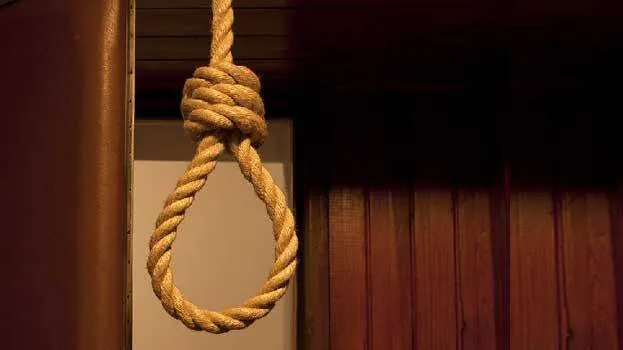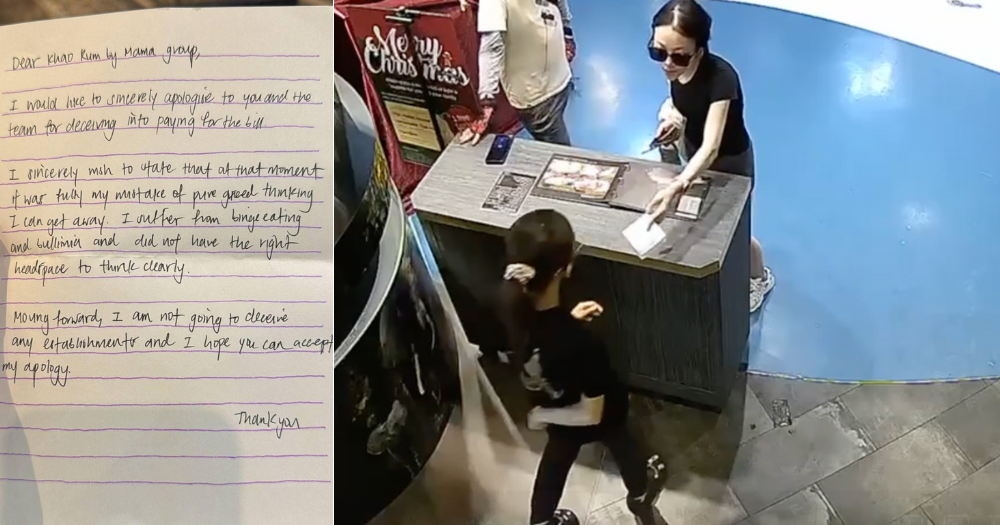
Polish archaeologists are getting ready to celebrate the 60 th anniversary of their involvement of the excavation of the Nea Paphos site in Cyprus. A special event, the Nea Paphos Colloquium will be held in Poland from Tuesday, May 20, to Friday, May 23 2025. Polish archaeologists have been excavating at Nea Paphos site in Cyprus for 60 years The first two days, May 20 and 21, will be held in Warsaw, followed by sessions in Krakow on May 22 and 23.
Most Read on Euro Weekly News Poland officially surpasses US: Zloty takes the lead over US minimum wage! Spain announced as 'economic inspiration' by Polish Economic Institute Renewable energy use in Poland reaches new milestone Delegates from all over the world are expected to attend the events which is highlighted by the fact that sessions will be held in English, Greek, and French. Now recognised as a UNESCO World Heritage site , the Nea Paphos Archaeological Park has gained global recognition, attracting researchers who work whilst the site is also very popular with tourists and amateur archaeologists. The city is recorded as being established during late 4th century BC and was a thriving hub, first under the rulers of Cyprus and later under Roman rule whilst its strategic position as a port city made it an important settlement until the middle ages.

The archaeological teams from Poland are part of the longest-running foreign archaeological project on Cyprus Researchers from the Polish Centre of Mediterranean Archaeology (PCMA UW) first arrived in Paphos in 1965 and have been involved with the site ever since then, making them the longest-running foreign archaeological project on the island of Cyprus with the PCMA UW establishing its own research centre on the island. A second Polish expedition, operating on behalf of the Institute of Archaeology of the Jagiellonian University from Krakow, began its research in 2011 in the Agora, the administrative and commercial centre of the city. Both expeditions were merged in 2019 under the name MAP Maloutena and Agora – Archaeological Project in Paphos and currently, the joint expedition continues to be active.










